The trade and economic interplay between China and the rest of the world has been evolving fast due to a variety of seemingly disparate and diverse factors like MNCs, foreign direct investment, free trade agreements, technology, manpower, international law, and industrial and supply chains.
For MNCs in China, first came years of expansion, followed by the ongoing transformation. Their focus has shifted from bringing in technology, contributing to the supply chain and establishing international sales networks to integrating their core competencies with China's emerging competitive advantages and making greater efforts toward both their own growth and that of the Chinese economy.
For MNCs, China doesn't just boast valuable market resources; it also has strong R&D capabilities. The nation's substantial talent pool is a big positive. A large number of science and engineering graduates emerge each year. The cost of employing engineers in China is notably lower compared to the United States and Europe.
Combined with the ongoing enhancements to the business environment, which are supported by government resources, these factors are uniquely advantageous and hard to find outside of China.
To be sure, in the post-pandemic era, some new trends have had a significant impact on global investment. The significant interest rate hikes by the US Federal Reserve have caused substantial disruptions to global capital flows. In addition, the substantial subsidies offered by the US for electric vehicles, clean energy and similar initiatives have diverted foreign investment funds globally.
The COVID-19 pandemic has also accelerated corporate digital transformation, leading to increased activity in related investment.
Apart from continuing to open up its services sector and strengthening international cooperation by sealing free trade deals with more countries and regions, China needs to closely monitor the changes in greenfield investment because such investments can lead to increased local production capacity and employment.
Greenfield investment refers to a type of foreign direct investment where a parent company creates a new subsidiary in a foreign country by constructing new operational facilities from the ground up.
Since many Western countries led by the US have been gradually bypassing the international economic and trade rules established by the World Trade Organization in recent years, they have started to establish or update regional free trade agreements, such as the Comprehensive and Progressive Agreement for Trans-Pacific Partnership and the new version of the North American Free Trade Agreement.
Although the Geneva-headquartered WTO provides mechanisms for resolving trade disputes between its members, it remains an international organization with relatively limited authority. In the end, the effectiveness of the WTO hinges on the willingness of its members to adhere to dispute settlement procedures and uphold the established rules. When a country refuses to implement the decisions made by the appellate body, potentially sparking retaliatory actions from other nations, it can foster a surge in protectionist tendencies.
Some agreements can be seen as upgrades to existing trade agreements. By signing these regional FTAs and upgrading international economic and trade rules, the countries concerned have essentially entered another level in conducting trade and investment activities.
However, for this, they focus on many areas, including digital trade, artificial intelligence and services trade. If China can't maintain pace in these domains, there is a potential risk of its attraction for foreign investors dimming.
Moreover, the rise of intermediate trade has pushed countries to reduce government regulatory measures, tariff and production barriers, demanding a business environment with zero or low tariffs, as well as favorable investment and trade policies to seamlessly integrate industrial, supply and value chains.
As MNCs engage in production across multiple countries, they need to consider the business environment when planning their production layouts. If there are significant differences in investment and trade policies among countries, MNCs' efforts to lay out their industrial chains may encounter many difficulties, affecting their investment behavior.
So, China's pilot free trade zones and massive market, together with well-developed infrastructure, supply and industrial chains, will continue to play a key role in attracting FDI in the coming years. These advantages are unparalleled when compared to emerging countries such as Vietnam, India and Mexico.










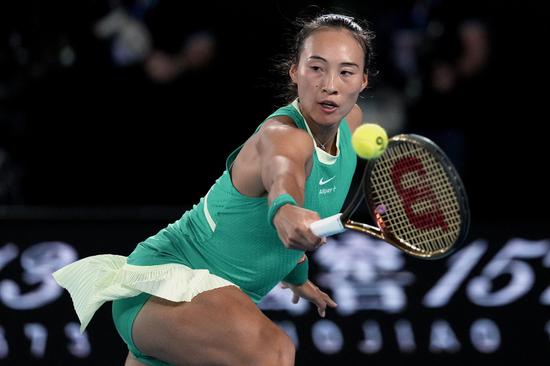


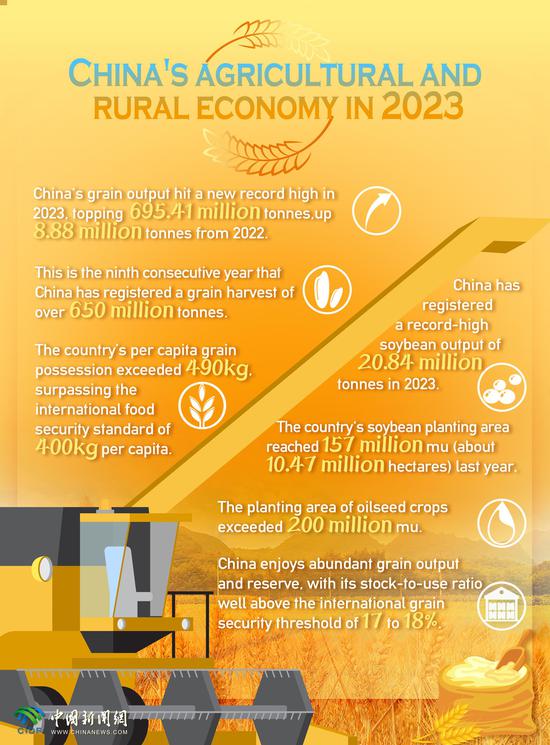

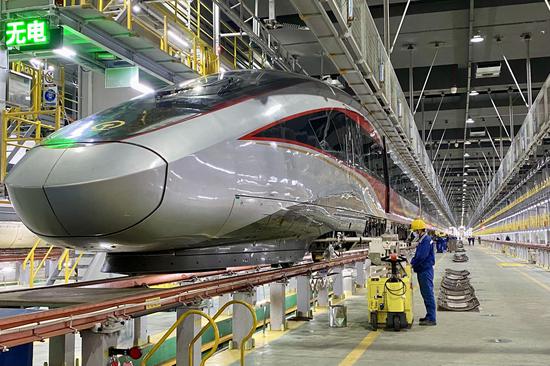


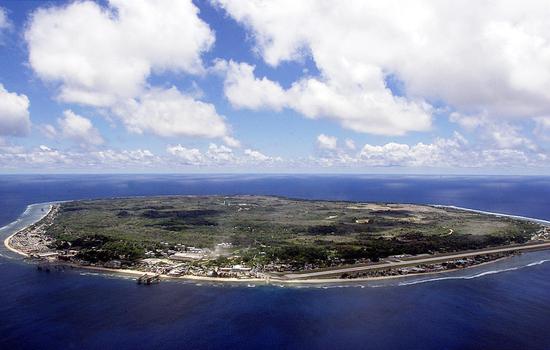





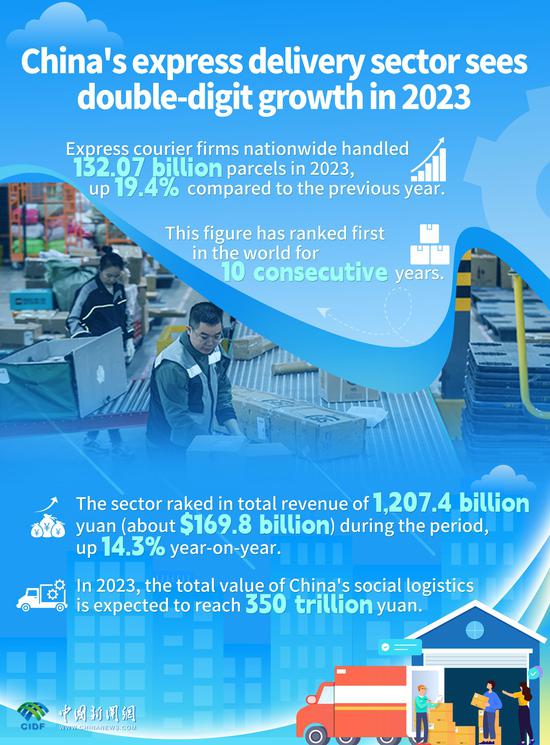
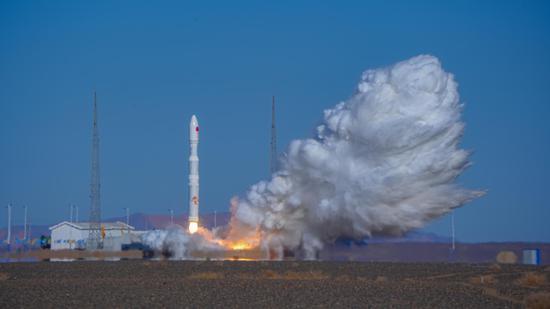
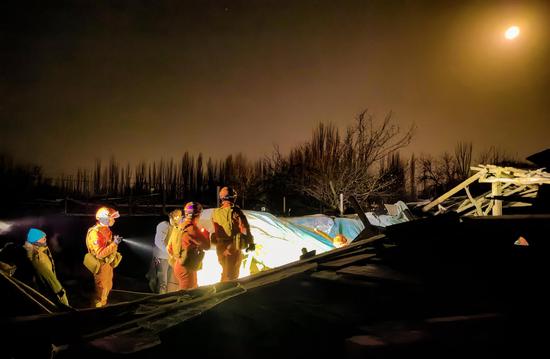


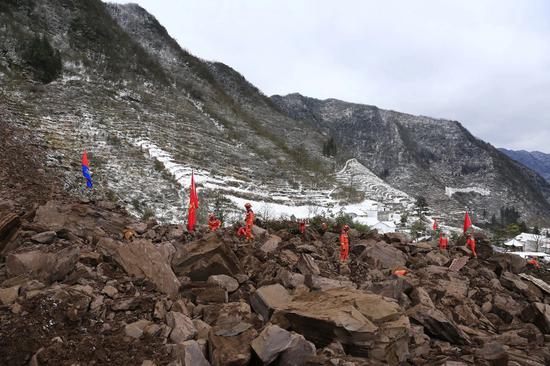



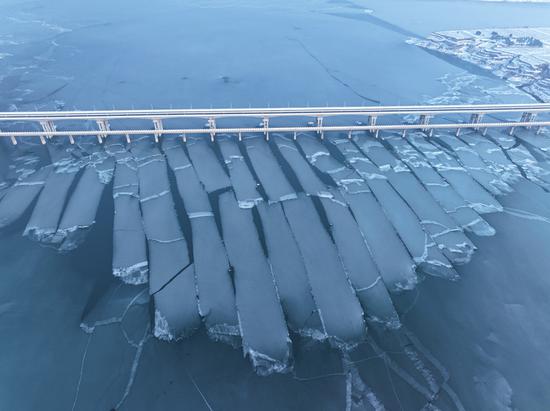

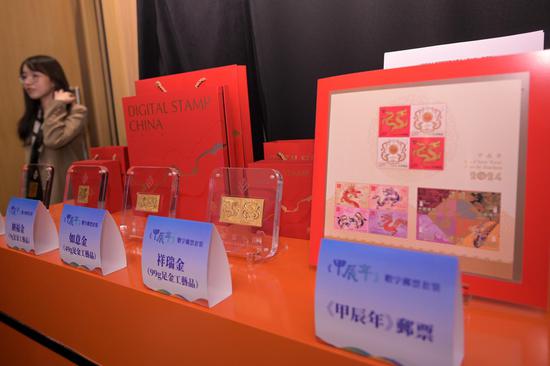
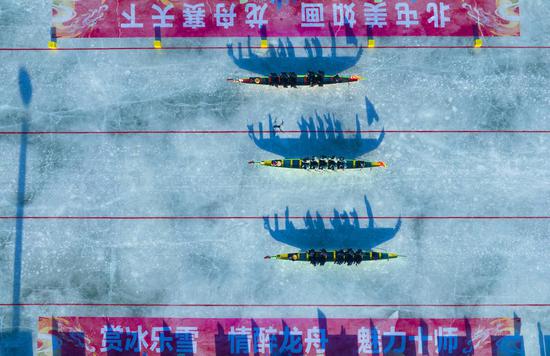


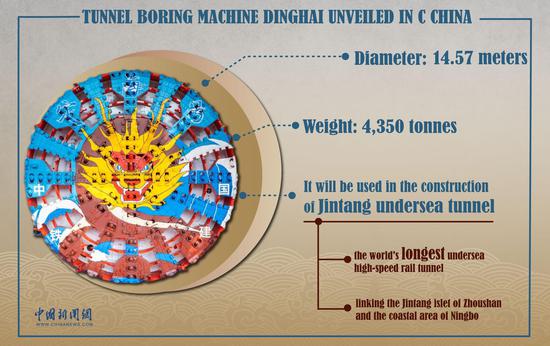
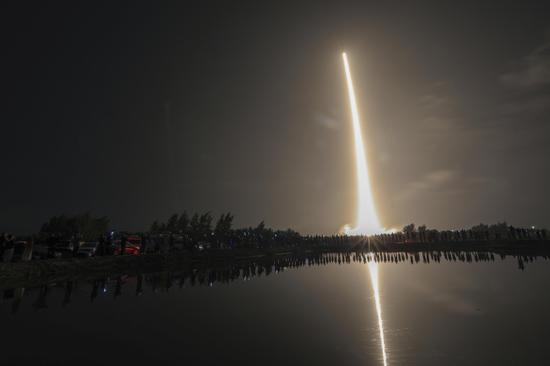









 京公網(wǎng)安備 11010202009201號
京公網(wǎng)安備 11010202009201號